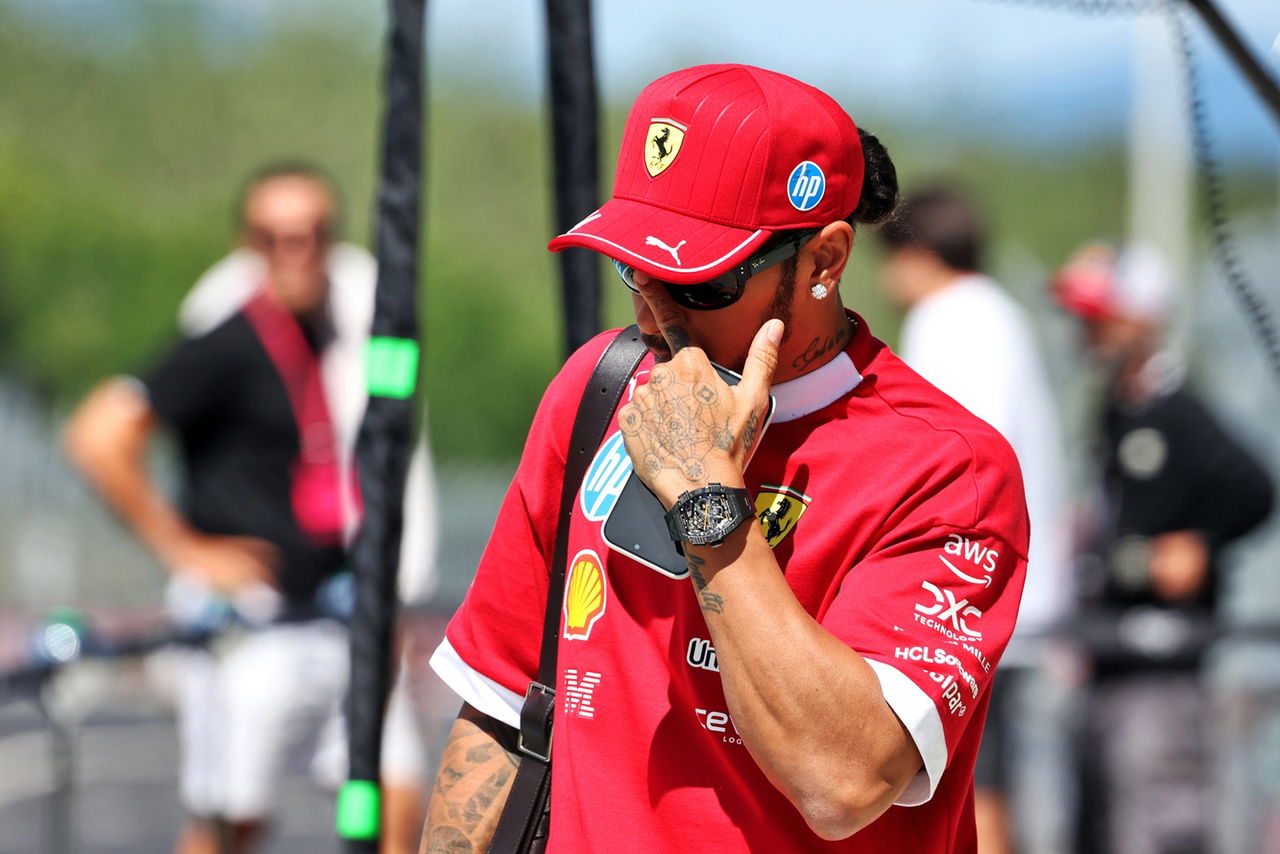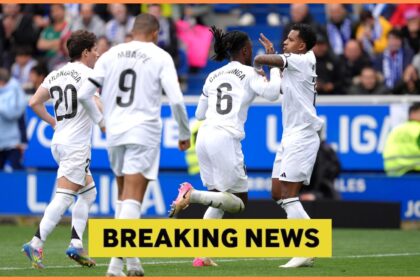According to filings with Companies House, Neat Burger, a restaurant chain backed by Lewis Hamilton, has decided to wind up its operations following an increase in its longstanding financial losses.
On July 22, Neat Burger held a general meeting where shareholders passed a special resolution to voluntarily liquidate the company. The appointed liquidator was given the authority to distribute the company’s remaining assets to its shareholders.
The liquidation process was officially initiated on July 31 by FRP Advisory, the appointed liquidator, and was processed by the company’s registered office.
The bankruptcy notice stated that the major shareholders are confident the company will be able to settle all its debts, including interest, within 12 months.
As of July 2, 2025, Neat Burger had assets totaling £1,279,044, mostly tied up in investments. The shareholders declared they had thoroughly reviewed the company’s affairs and believed it would be able to pay off all debts with interest within a year from the start of the liquidation process. They affirmed the accuracy of the asset and liability statement dated July 2, 2025, under the Statute Declaration Act 1835.
Lewis Hamilton, a seven-time Formula 1 World Champion, launched the plant-based Neat Burger chain in 2019 after adopting a vegan lifestyle. The brand opened its first restaurant on London’s Regent Street and expanded internationally to cities including Milan and New York.
At its peak, Neat Burger operated eight locations in London but has gradually shut most of them down in recent years, with the last two UK outlets closing earlier this year.
Despite its rapid growth, the company struggled financially, posting a loss of £7.86 million in 2022. Besides Hamilton, notable investors included celebrities like Leonardo DiCaprio and Belgian footballer Thibaut Courtois.
—
Fan Take: For racing fans, this news is a reminder that even global sports icons like Lewis Hamilton face challenges beyond the track. Hamilton’s venture into sustainable food reflected his commitment to positive change, and its closure might inspire fans and the sport to support more sustainable and resilient business models in the future.



